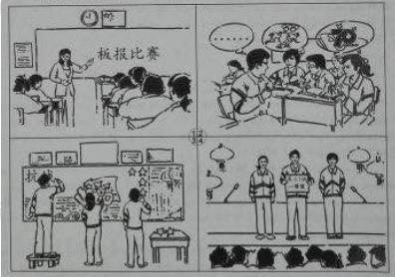题目内容
It’s generally believed that the popular South Korean drama Man From the Stars is ________ in creative storylines as in pretty faces and fashion.
A. such a successful example
B. so successful an example
C. as a successful example
D. as successful an example
练习册系列答案
相关题目


